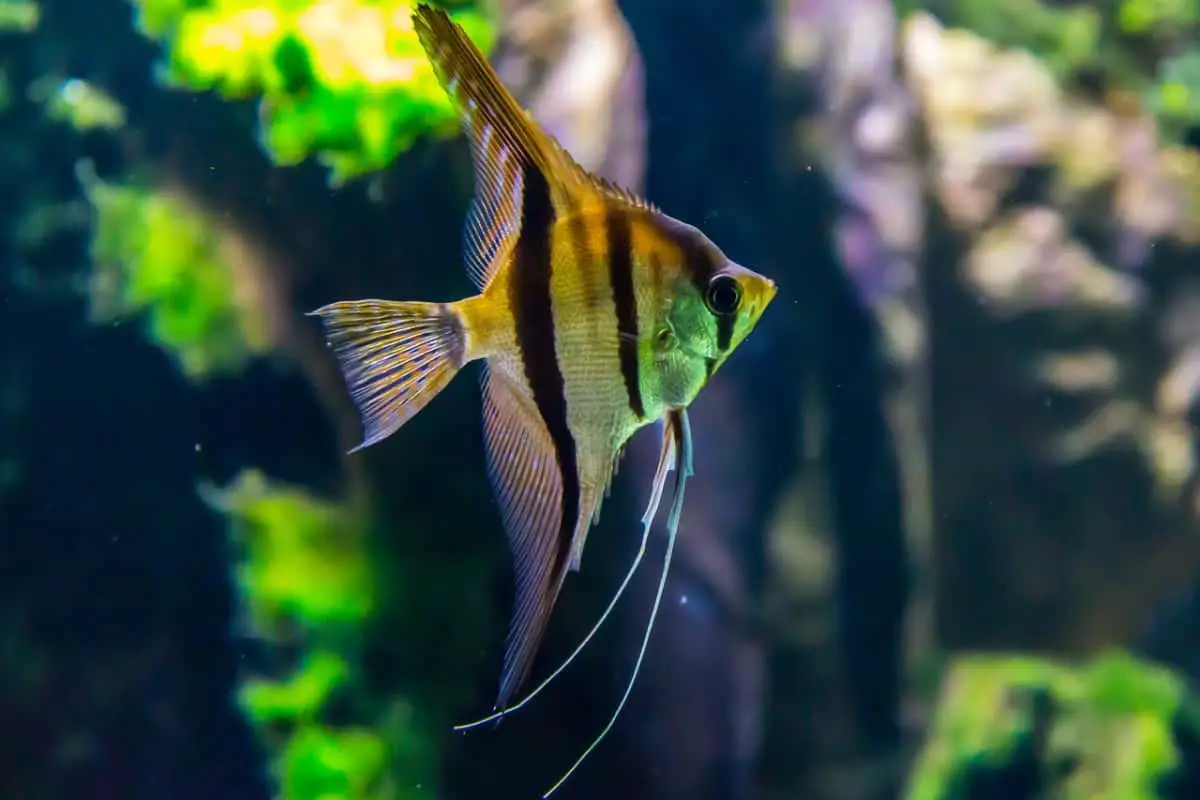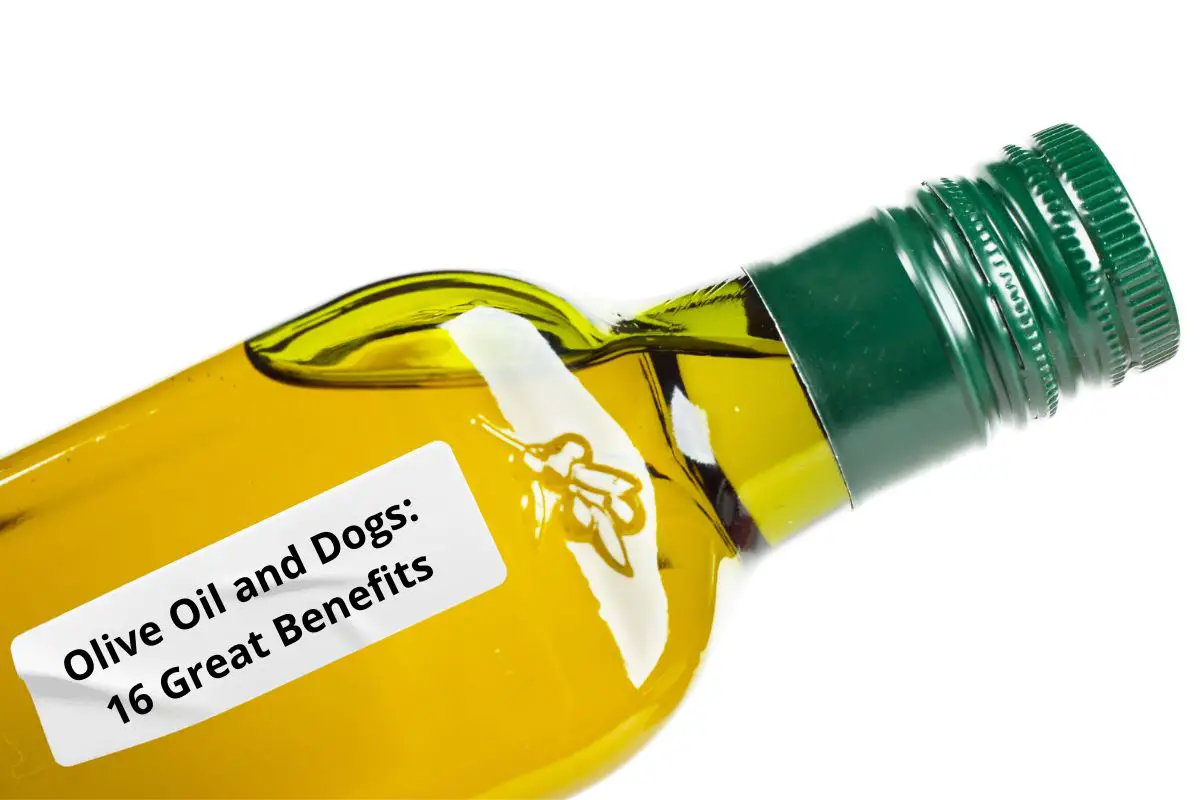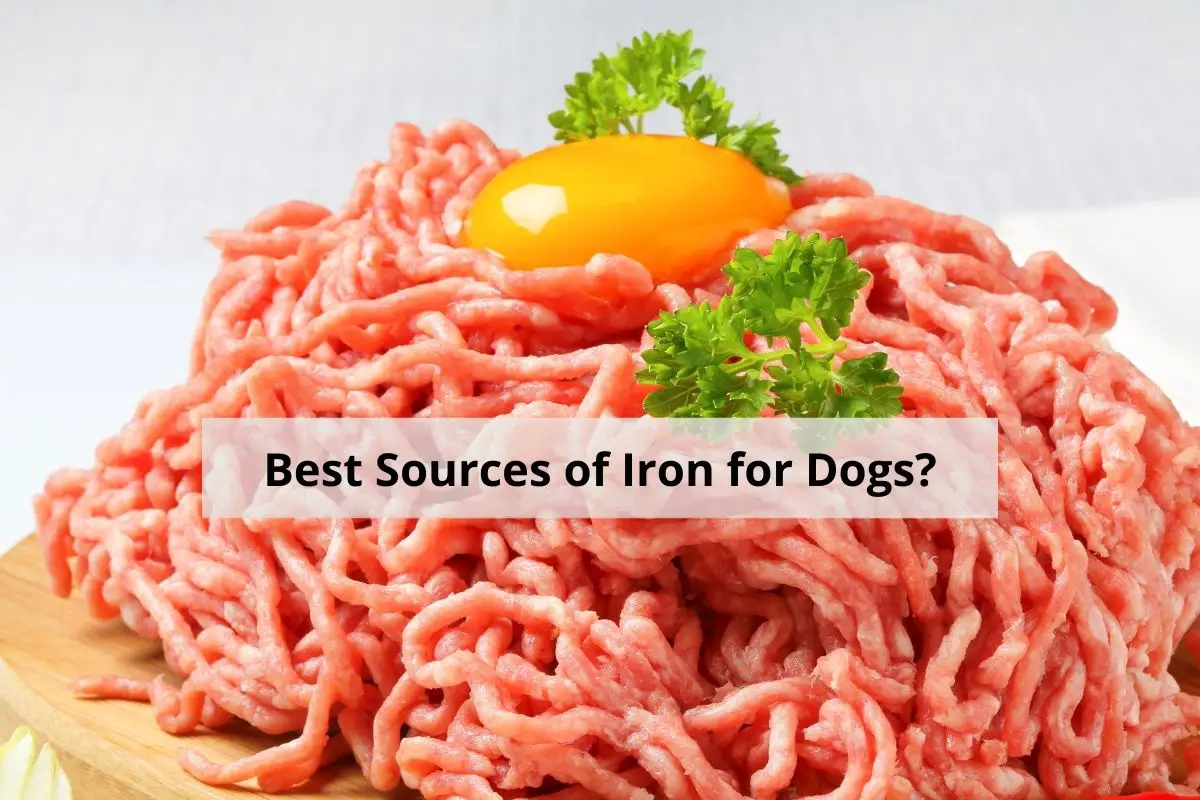This post contains affiliate links.
If you have found yourself without any fish food, you may find yourself wondering if the dog food you feed your furry friend is a good and safe alternative.
Fish shouldn’t eat dog food. You should not feed your fish dog food even though they would still eat it if given to them. Fish and dogs have very different nutritional needs, and by giving a fish dog food, they are not only missing out on the nutrients they need but also eating what may harm them.
While your fish may mistake dog food for something they should be eating, it can be harmful to their health and cause them to miss out on what they need for their development. In this article, you will find out why it is not safe to give your fish dog food, what nutrients a fish requires in its diet, and some alternatives to fish food that will not harm your fish.
Table of Contents
Can You Give Dog Food to Fish?
Put simply, no. You should keep your dog food for your dog and invest in proper food for your fish.
Fish require a different diet from dogs and ensure your fish’s health, and there are specific nutrients that they need to stay healthy. This also goes for specific amounts of nutrients, and given the large weight difference between fish and dogs, the dog food is guaranteed to have a lot more protein or fats than is required by a fish.
You should also avoid dog food as it can destroy your fish’s internal digestive system and lead to some serious health problems and, in some cases, premature death. While it is not uncommon to hear of people doing this and to see fish looking great on the outside after consuming dog food, it is harming them a lot more on the inside.
One harmful ingredient in dog food is a large amount of fat. Where too much fat can lead to a buildup around their heart as well as the fact that dog food made with animal by-products such as chicken or beef and grains, cannot be digested at all by specific types of fish.
Since fish will eat basically anything you give them, it is up to you to maintain your fish’s health and provide it with the nutrients it needs.
This means feeding it food that is made specifically for them as plenty of tests have been completed to ensure the ingredients in fish food give your fish what it needs to remain healthy.
What Nutrients Do Fish Need?
Depending on the type of fish you are feeding, specialized diets may be required to optimize growth and reproduction.
While ornamental fish that are kept in home aquariums are best suited for accepting what nutrition is available, there are still factors of nutrition that need to be met. More difficult fish such as seahorses, cannot take typical fish food and require a specific diet to meet their needs.
Diets differ amongst fish, but it also varies based on the age of the fish. Newly hatched fish, with the exception of catfish, require live food at first as their mouths are too small.
However, most fish require the same general ingredients to keep them thriving and as healthy as possible.
Crude Protein
Once the fish has become classified as a juvenile fish or a fingerling and is able to feed itself, it requires a high amount of protein. The amount of protein is measured in terms of crude protein, which is based on the amount of nitrogen found in the product. For juvenile fish, about 50% of crude protein is recommended.
As they age, however, this number starts to decrease to 40%, and eventually, as the fish reaches its final size, 25%-35% is needed to maintain its health.
Fish Meal
A major protein source that should be present in all fish diets is fish meal, made of otherwise wasted parts of a fish, including their bones.
Fish meals contain essential amino acids, fatty acids, and long-chain fatty acids that are essential to their diets and improve their development, growth, and reproduction.
Fish meal is a beneficial ingredient in your fish’s food as it adds a flavor the fish enjoy and improves the nutrient uptake, digestion and absorption. It also works hand in hand with other proteins in their diet to promote growth and help prevent diseases by boosting and improving their immune system.
Vitamins and Minerals
As for vitamins and minerals, while it is known that fish absorb them through the water they live in, it is not as well known what vitamins and minerals each specific species requires. However, some important ones are listed below.
Calcium
Too little or too much calcium in the water has been an important factor in problems with some fish.
In some cases, too much calcium causes reproductive issues in Amazon fish and causes the shells of tetra fish to be so hard they could not hatch.
The amount of calcium in the water can be tested with a Calcium Test for Fresh and Saltwater to help you maintain the right amount.
Vitamin A, C, D, E and B
In addition, Vitamin C (ascorbic acid) and A, D, E, and B complex are nutrients that fish need in their food. Vitamin supplementation is especially important where the water the fish live in has no algae or phytoplankton, and no natural food is available.
What Can I Feed my Fish Instead of Fish Food?
If you are stuck without fish food and are trying to find something to give your fish, certain types of food that we eat can actually be a good alternative.
Most tropical fish will accept vegetables such as zucchini, cucumber, lettuce, spinach, or fat-free seafood such as white fish and shrimp. However, it is suggested to only give them freeze-dried or frozen options as canned foods typically have added preservatives or sodium that can be harmful to the fish.
Peas are also known to help aid in their digestion and can be given to them with the skin of the pea peeled off. It is also best to soften the vegetables before giving it to the fish to ease their digestion.
Goldfish are welcome to fruit in small quantities, including raspberries, strawberries, and oranges. However, this should only be given about once a week for the sake of your fish’s health and to preserve your water quality.
Bread is another huge no when it comes to feeding a fish as the yeast in bread can lead to digestive problems.
So, while dog food is definitely something you should avoid feeding your fish, the fresh veggies and fruit in your fridge or freezer are great ways to feed your fish when you have run out of fish food.
Conclusion
If you want your fish to live a long and healthy life, it is in their best interest to invest in some fish food made specifically for your type of fish. Both dogs and fish thrive when fed food that is made specifically for their dietary needs and is the reason they are made separately.
Ensuring your fish has the right amount of protein, fatty acids, vitamins, and minerals needs you to give it its best shot at developing, growing, and reproducing properly. If you are without fish food, remember that your food, such as leafy greens, is a better choice for your aquatic friends than dog food.
Related Articles
- Can Deer Eat Dog Food? What You Need To Know
- Can Rats Eat Dog Food? What You Need to Know
- Can a Cat Eat Dog Food? Is It Safe?
- Can Guinea Pigs Eat Dog Food? Avoid Affecting Your Pig’s Health!
- Can Rabbits Eat Dry Dog Food? My Opinion
- Can Sugar Gliders Eat Dog Food? Is It Safe?
Sources
- Agrilife: Fish Nutrition
- IFAS Extension: The Benefits of Fish Meal in Aquaculture Diets
- NAP: Your Dogs Nutritional Needs
- MrFishKeeper: Can Aquarium Fish Eat Dog Food?
- Hartz: Foods Fish Should Avoid
- Aquaria Wise: What Can You Feed Your Fish Instead of Fish Food?
Mrdogfood.com is a participant in the Amazon Services LLC Associates Program, an affiliate advertising program designed to provide a means for sites to earn advertising fees by advertising and linking to Amazon.com. We also participate in other affiliate programs which compensate us for referring traffic.




